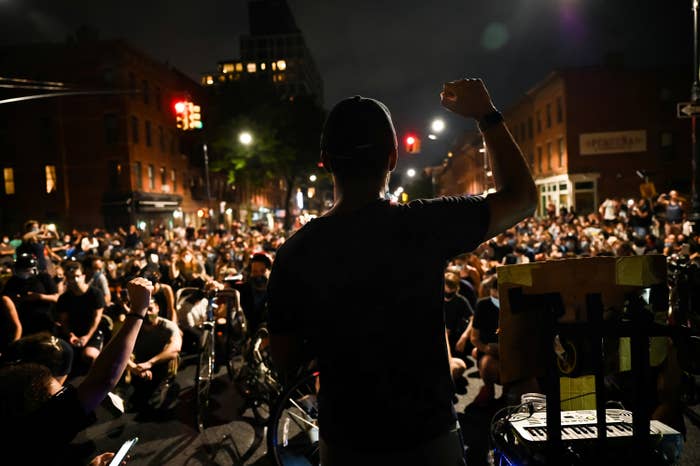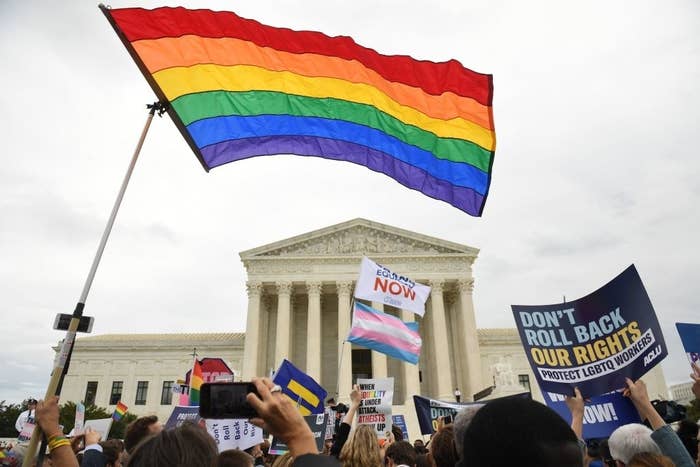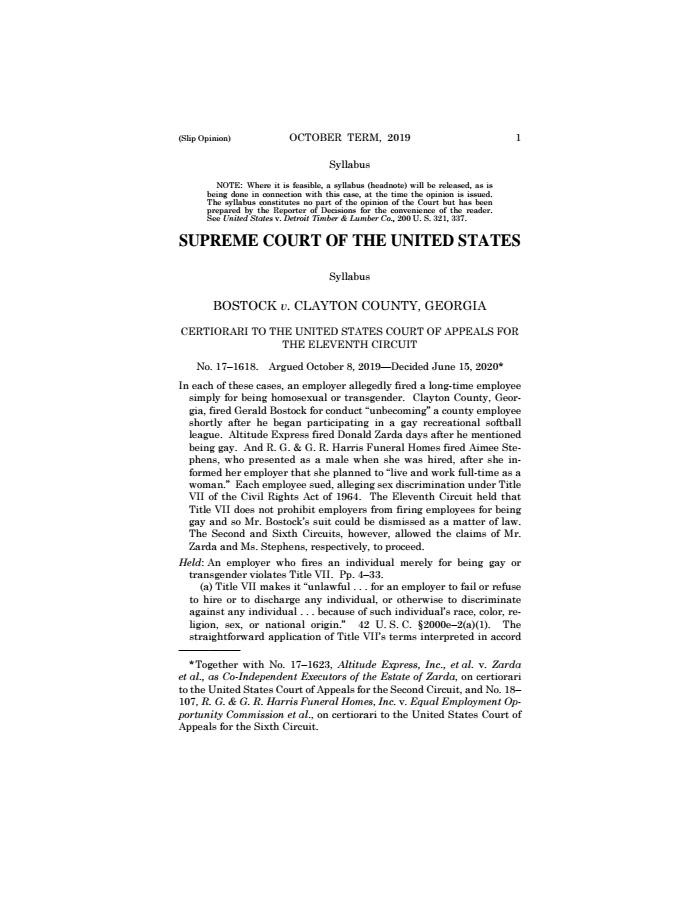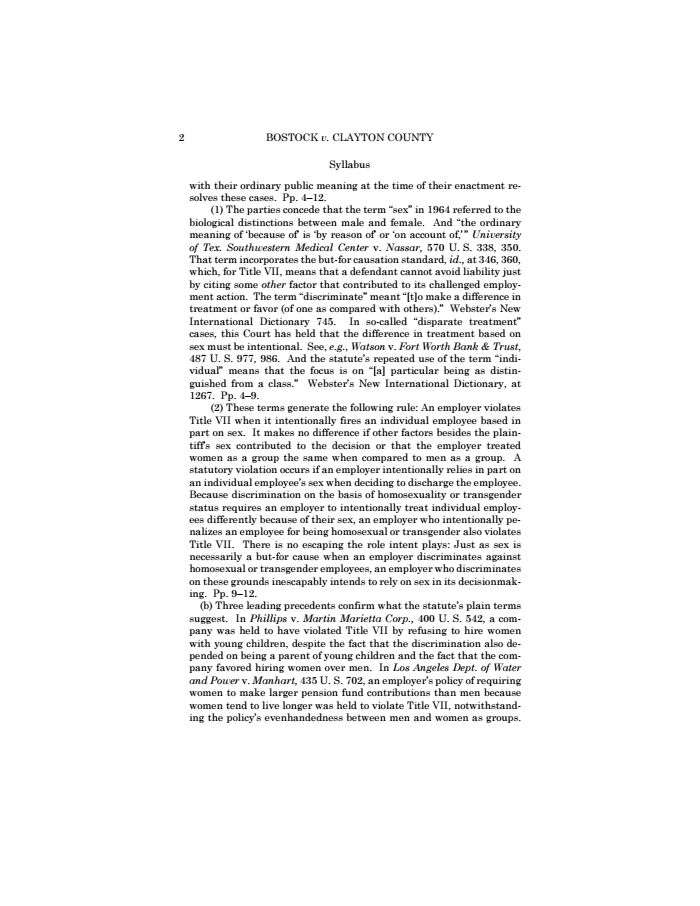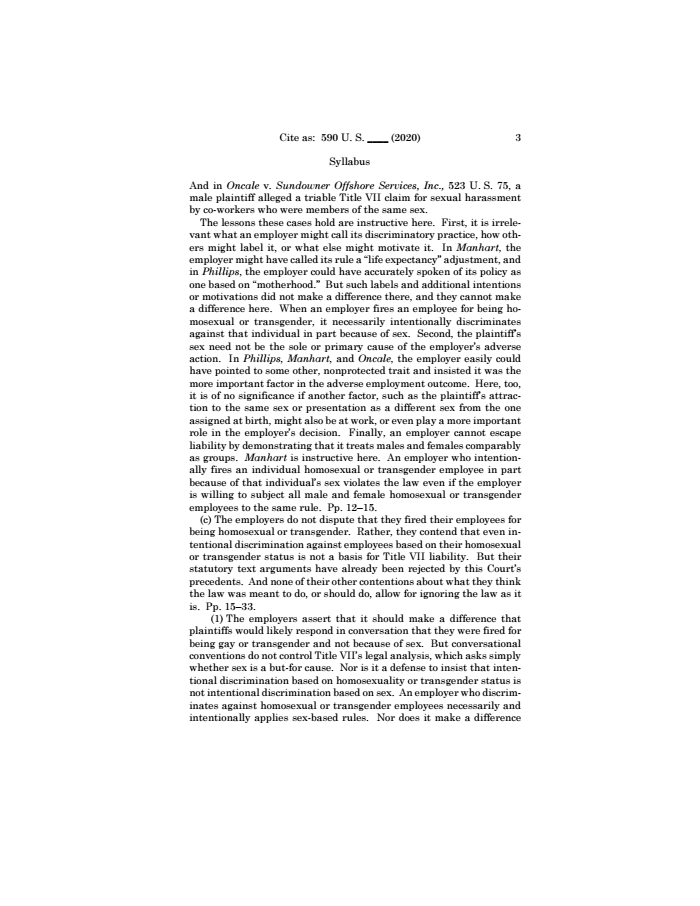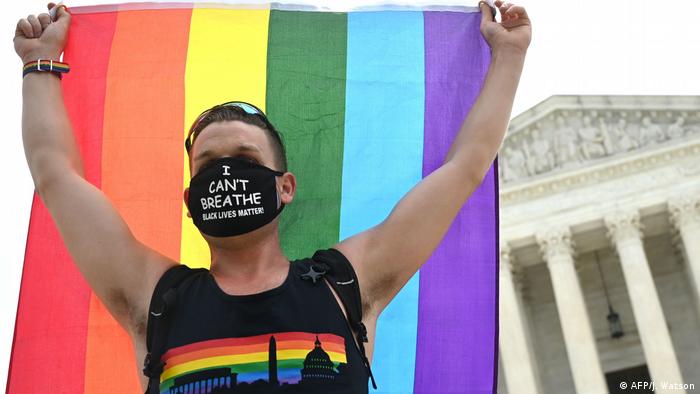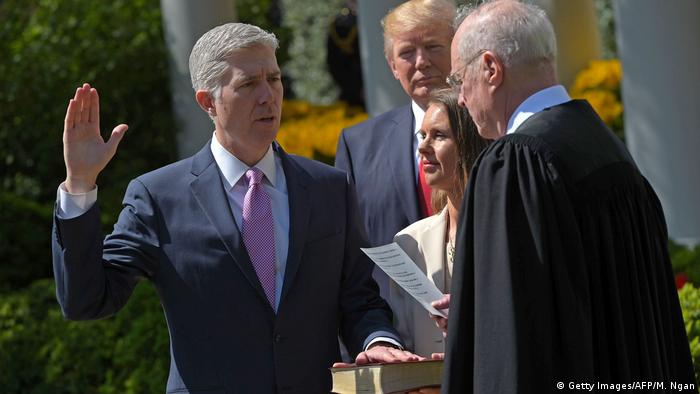FOTO ESSAY
Toppled monuments: A selection of controversial figures
Global anti-racism protests following the killing of George Floyd fuel the controversy over the interpretation of the colonial and Confederate eras. In Europe and the US, monuments are damaged, razed and removed.
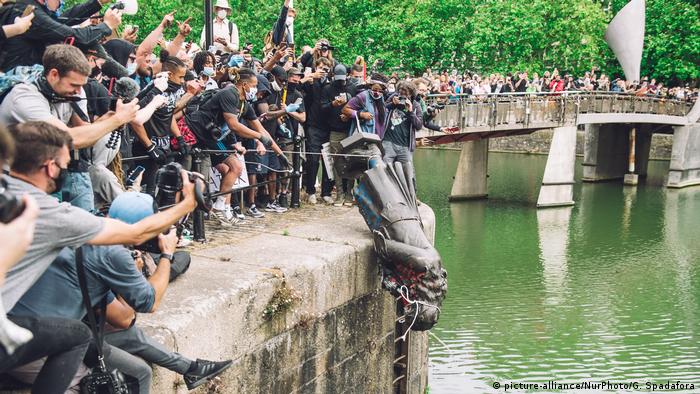
Edward Colston: slave trader and philanthropist
Controversy over the statue of Edward Colston in Bristol was rife for years. On June 7, demonstrators removed the bronze from its pedestal and tossed it into the water. While Colston was working for the Royal African Society, an estimated 84,000 Africans were transported for enslavement; 19,000 of them died along the way. But he went down in history as a benefactor for his donations to charities.
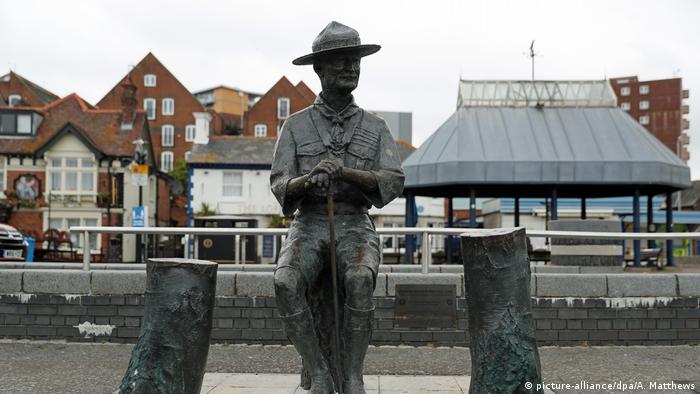
Robert Baden-Powell: initiator of the Boy Scouts
Activists accuse Robert Baden-Powell, the man who initiated the Boy Scout movement, of racism, homophobia and admiration for Adolf Hitler. His statue stood on Brownsea Island in southern England. Amid the current wave of monuments being toppled by protesters, local authorities have now removed Baden-Powell's statue as a precaution.
DON'T FORGET LADY BADEN POWELL WHO FOUNDED GIRL GUIDES
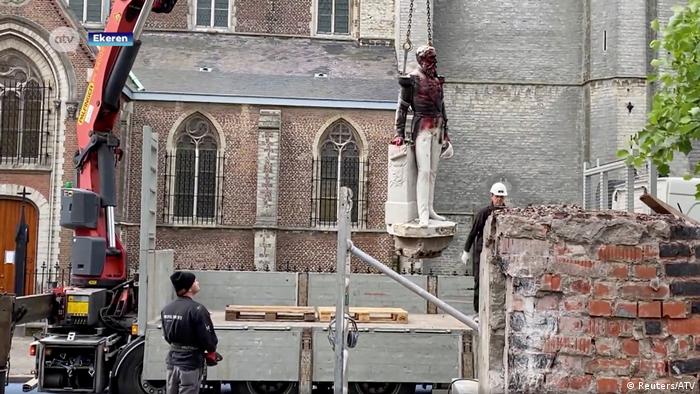
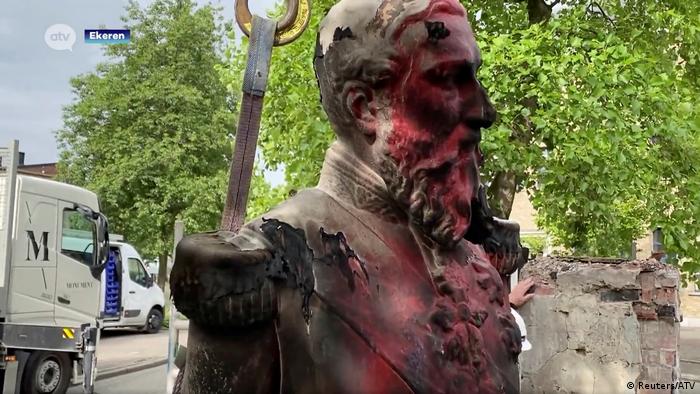
Leopold II: Belgian colonial-era monarch
Belgium has quite a few statues of King Leopold II. The monarch ruled the country from 1865 to 1909 and established a brutal colonial regime in Congo that is in fact considered one of the most violent in history. Protesters smeared several statues of Leopold II with paint. Authorities removed the above statue from its pedestal in the Antwerp suburb of Ekeren and sent it to a museum depot.
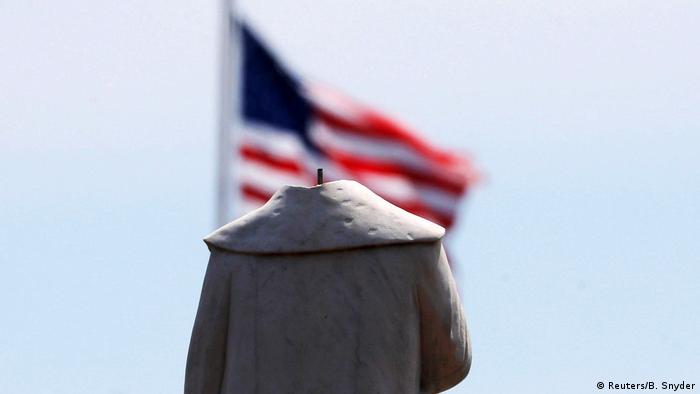
Christopher Columbus: revered and scorned
In the US, too, disputes have flared over monuments dedicated to controversial historical figures. Among others, protesters have targeted Christopher Columbus. A statue in Boston was beheaded (photo). North American indigenous groups reject the worship of Columbus because his expeditions enabled the colonization of the continent and the genocide of its autochthonous population in the first place.
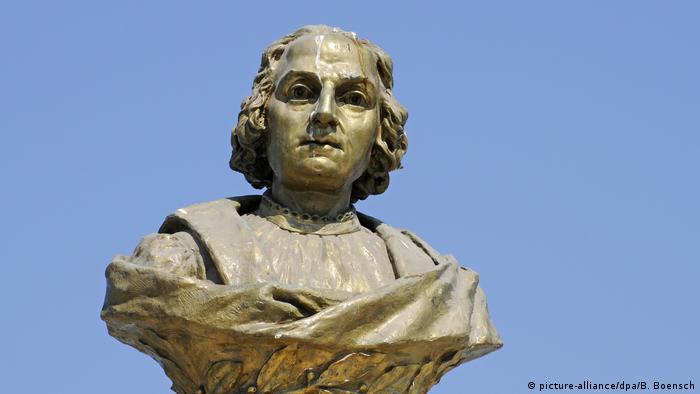
Columbus in Latin America: a different point of view
Some people see Columbus as one of the most important figures in world history, but for many people in Latin America the explorer's name stands for the beginning of a painful era. From the perspective of the indigenous population, Spanish colonialism is a dark chapter in their history. In Latin America, too, statues of Columbus have been destroyed or damaged in the past.
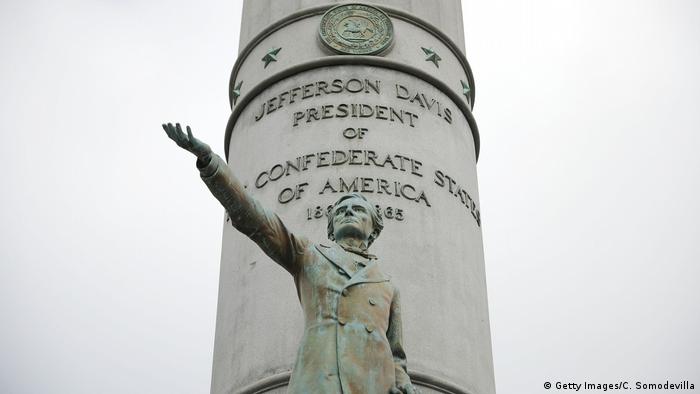
Jefferson Davis: Civil War president
Jefferson Davis was President of the Confederate States of America, one of the leaders in the country's mid 19th-century Civil War. Protesters toppled and spray-painted the Confederate president's statue in Richmond, Virginia. House speaker Nancy Pelosi urged the removal of Confederate statues from the US Capitol because they were monuments to men "who advocated cruelty and barbarism."
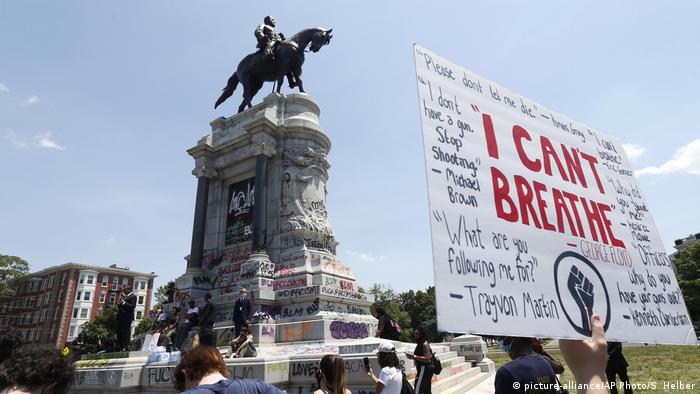
Robert E. Lee: a divisive figure
Another Confederate statue in Richmond, this one a monument to General Robert E. Lee, is to be removed in the next few days. Governor Ralph Northam has given orders to take down the monument. Many African Americans regards the statues of Confederate politicians and soldiers as symbols of oppression and slavery.
Christopher Columbus: revered and scorned
In the US, too, disputes have flared over monuments dedicated to controversial historical figures. Among others, protesters have targeted Christopher Columbus. A statue in Boston was beheaded (photo). North American indigenous groups reject the worship of Columbus because his expeditions enabled the colonization of the continent and the genocide of its autochthonous population in the first place.



















